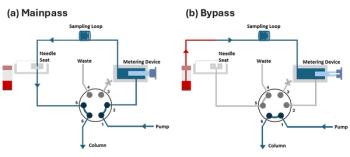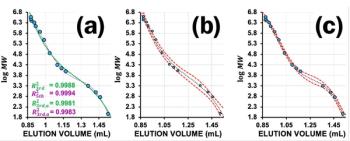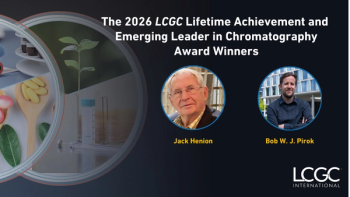
Tutorial Session II: Eiden and Beachamp
This second of the two parallel tutorial sessions on Sunday evening includes talks from Gregory Eiden of Pacific Northwest National Laboratory (PNNL) and Jack Beauchamp of California Institute of Technology.
This second of the two parallel tutorial sessions on Sunday evening includes talks from Gregory Eiden of Pacific Northwest National Laboratory (PNNL) and Jack Beauchamp of California Institute of Technology.
Eiden will talk about mass spectrometry and nuclear forensics. Eiden is a laboratory fellow at PNNL. Laboratory fellows are appointed by PNNL's Laboratory Director based on recommendations of a review committee of laboratory fellows representing all research directorates in the organization. The fellows serve as a scientific and technical advisors to the directorate's management team and develop the cross-directorate science and technology strategy. About three percent of PNNL's researchers hold this rank. Some of Eiden’s recent research addresses the characterization of extreme ultraviolet laser-ablation mass spectrometry for actinide trace analysis, identifying anthoropogenic uranium compounds, and resolving radioisotopes of cesium.
Beauchamp’s talk is entitled, “From the Laboratory to the Stars.” Beauchamp’s research focuses on the development of novel mass spectrometric techniques in biochemistry. In 2007 he received the Distinguished Contribution Award from the American Society for Mass Spectrometry for the original development and chemical applications of ion cyclotron resonance spectroscopy.
This session will be held from 5:00 to 6:30 in Ballroom 20A, on the upper level. Eiden will talk from 5:00 to 5:45, followed by Beauchamp from 5:45 to 6:30 p.m.
Newsletter
Join the global community of analytical scientists who trust LCGC for insights on the latest techniques, trends, and expert solutions in chromatography.




